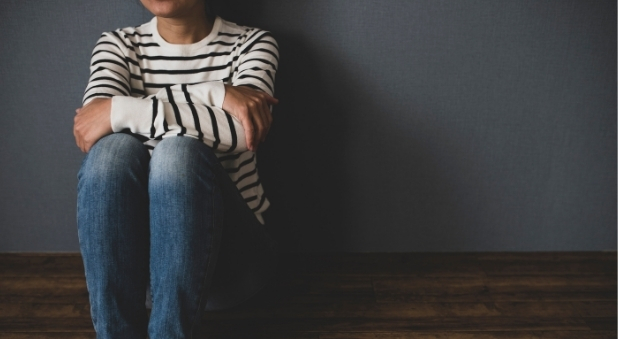International Women’s Day is a day for celebrating and championing women worldwide. There’s been a lot of discussion recently about the treatment of women, particularly in the area of domestic violence and, in the last weeks, in relation to sexual assault at Parliament House.
If these accounts weren’t distressing enough, students from private girls’ schools in Sydney have spoken up regarding the treatment they receive from male students from neighbouring schools.
The question many have been asking is how to prevent rape and assault of women by older and younger men alike, and how appropriate treatment of women and girls can just be the norm. Solutions for better behaviour usually involve calls for better education in the classroom and better parenting at home. Yet these have been the so-called solutions advocated for years and things don’t seem to be better.
A complex web
The feminists of the ’60s and ’70s must be wondering what’s gone wrong; how their message of equality and respect has failed to grip this generation. I have been mulling all this over in the past week or so. I’ve listened to advocates like Melissa Tankard Reist, who has been alerting us for years to the sexualisation of women in media and advertising, as well as the impact of pornography on young boys and men.
I’ve come to the conclusion that the problem with these issues is that it’s a complex web where there’s no one starting point and end point, but lots of intersecting issues that all affect one another. Porn, alcohol, parties, drugs, increased sexual activity in children at a younger and younger age, Instagram, Tik Tok, parenting, toxic masculinity, failure to understand consent, failure to provide consent because of alcohol or drugs, coercive behaviour, same gender peer shaming, and on it goes. Where does it start and where does it stop?
The Bible’s answer
Without wanting to oversimplify things, one word is missing in all of the current discourse. Sin.
Sin isn’t an excuse for this kind of tapestry of behaviours, but it’s the Bible’s answer to finding a starting point. Of course, even though we’re all affected by sin it doesn’t mean we’ll all engage in the worst kind of perverse wickedness. Yet we know, as we read the first pages of the Bible, that the dismissal of another’s human dignity, the abuse of another for the good of ourselves, and exploitation of one another, is a result of sin. Sin against God leading to sin against one another (Genesis 3).
I am deeply troubled and grieved by the reports I’ve read in the media over the past week or so. I’m deeply troubled by other occasions where I’ve come across abuse of women in our church.
This International Women's day, let’s see if we can provide the better narrative. The narrative of the gospel, of a saviour who loves us and welcomes us. A saviour who took special care with women, who valued them. The narrative of the goodness and rightness of other person-centeredness.
I agree education is important. Upskilling, teaching, training and awareness-raising are good. But inner and sustained transformation leading to loving another as we love ourselves (Mark 12:29-31) can only fully happen when we know the gospel and live in obedience to our saviour Jesus.
























